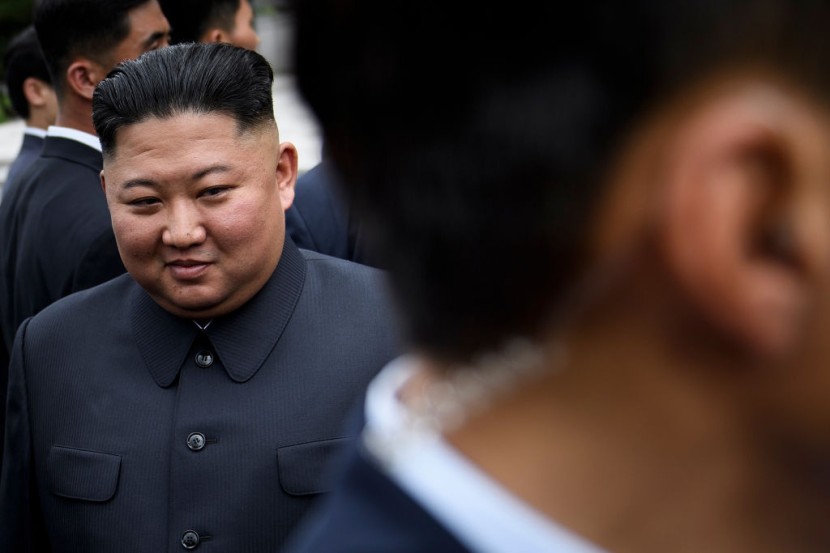
The White House indicated on Wednesday that North Korea might conduct a missile or nuclear test during President Joe Biden's visit to Japan and South Korea. In remarks on Wednesday, National Security Advisor Jake Sullivan described it as a "realistic prospect."
A probable test might occur within the next 48-96 hours. The observation point is located near Pyongyang. North Korea began intercontinental ballistic missile testing earlier this year but has not conducted a nuclear test since 2017.
US: North Korea Expected To Greet Biden With Nuclear, Missile Tests
North Korea sent three ballistic missiles into the sea near its east coast earlier this month, The Sun reported. According to US military and intelligence sources, North Korea may be planning its first underground nuclear test in over five years.
A huge COVID-19 outbreak is presently affecting North Korea. According to new press secretary Karine Jean-Pierre, Biden will skip a visit to the Korean Demilitarized Zone, or DMZ, while in South Korea. While serving as vice president, Biden visited the DMZ in 2013.
Beginning Thursday, the US President will travel to Asia for the first time in his term. Biden will travel to South Korea first to meet with President Yoon Suk Yeol. Following that, on May 22, Biden will fly to Japan to meet with Prime Minister Fumio Kishida. The president will go to Tokyo for an in-person summit of the US, Japan, India, and Australia, known as the Quad.
Biden wants to improve Asian relations not only because of China but also because of North Korea's missile and nuclear programs. In recent months, North Korea has tested a number of missiles, including nuclear-armed missiles capable of reaching South Korea, Japan, or the United States.
Per USA Today, the administration has been unable to communicate with North Korean leader Kim Jong Un since Biden assumed office. However, Campbell mentioned South Korea's incoming administration, which is likely to take a tougher stance against its northern rival and collaborate more closely with the US.
Biden has decided not to visit the demilitarized zone that separates North and South Korea. According to Sullivan, he'll pay a visit to American and Korean troops who are "standing side to arm in defense of our common security," according to Sullivan.
Biden Set for First Asia Trip
Biden is anticipated to offer allies closer cooperation on a number of technical projects, as well as assistance for South Korean and Japanese measures to upgrade defense capabilities and enhance offensive military capability.
Analysts predict he will not visit the demilitarized zone that borders North Korea, and the administration will not present any fresh ideas for managing the tense relationship. North Korea may soon restart nuclear tests after abandoning a moratorium on intercontinental ballistic missile testing, as per Business World Online.
While the informal association is not a military alliance like NATO for Europe, Washington sees it as important in consolidating pro-democratic norms. Biden will emphasize collaboration in the areas of COVID-19 vaccinations, humanitarian aid, infrastructure development, climate, space, and cybersecurity.
Kishida and Biden are anticipated to have a light touch with Prime Minister Modi over India's lack of response to Russia's invasion of Ukraine, as seen by Washington. Biden will also inaugurate the Indo-Pacific Economic Framework in Japan, cooperation promoting cross-border conversation and investment in areas including trade, supply chain resilience, infrastructure, decarbonization, and tax and anti-corruption measures.
But the pact would not include what Asian nations desire most: wider access to hundreds of millions of American customers, as negotiated in the Trans-Pacific Partnership, which Donald Trump abandoned in 2017.
© 2026 HNGN, All rights reserved. Do not reproduce without permission.








